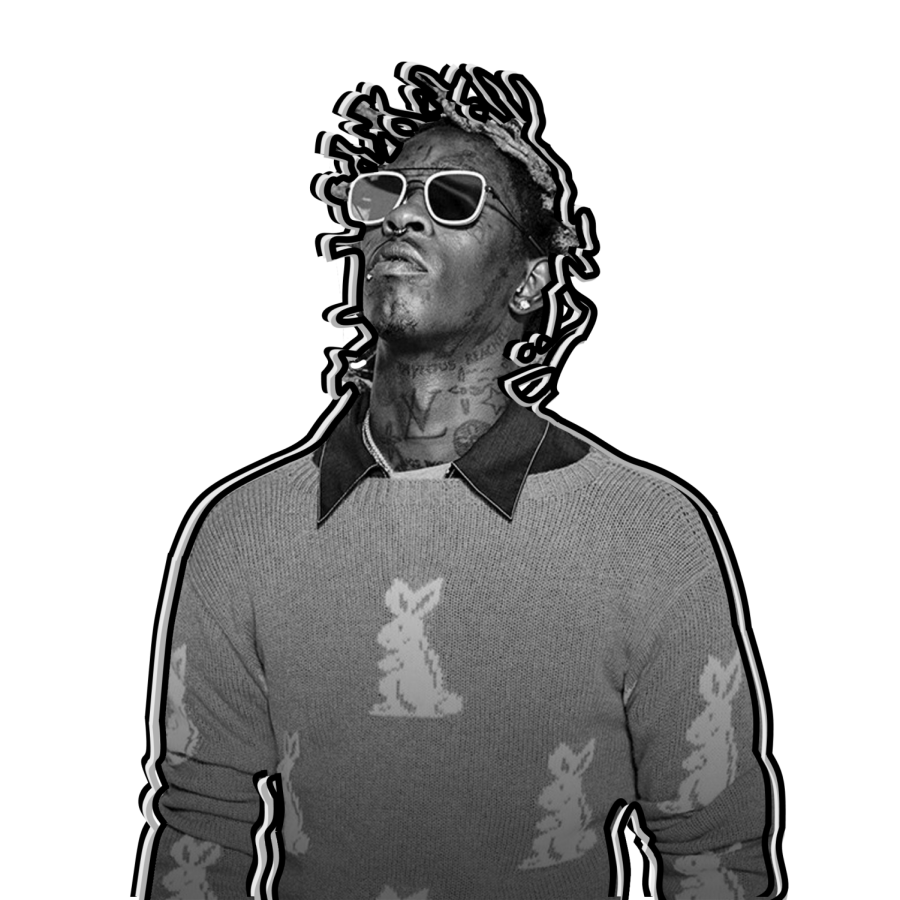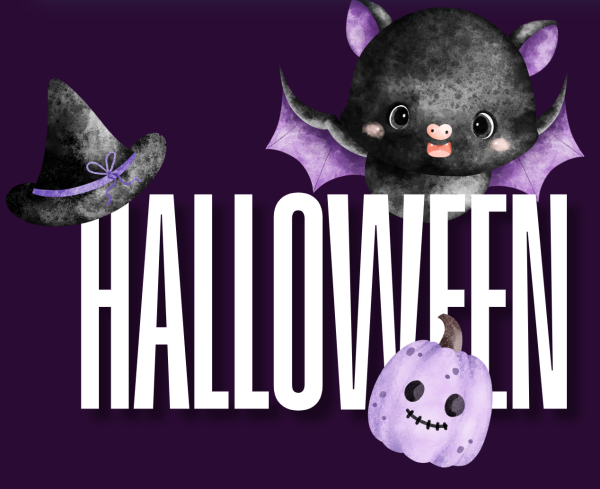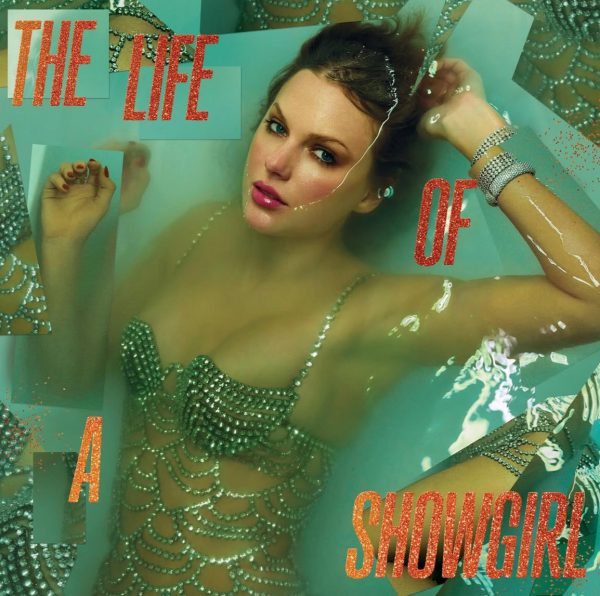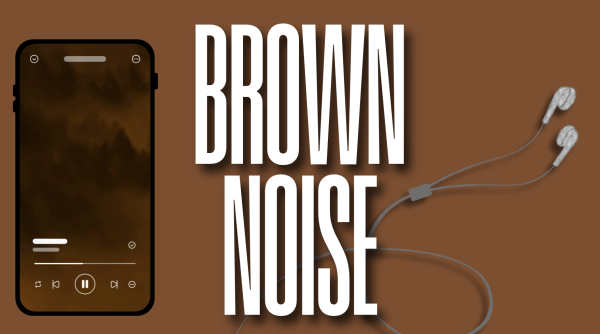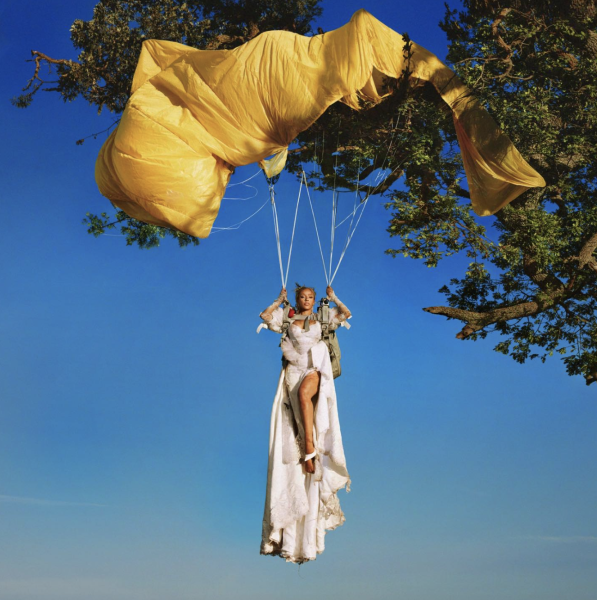From Slime to Star: Young Thug’s Journey to Creating “So Much Fun”
Young Thug has been the epicenter of my musical indulgence since my senior year of high school.
I stumbled upon one of his earlier tracks, “Stoner,” while searching on Reddit and was completely mesmerized by his lyrical organization, anti-melodic hooks and taste for effeminate fashion.
Young Thug became my favorite artist around the time of his first splash into the mainstream. I can clearly remember the day that his magnum opus, the mixtape “Barter 6,” came out. The buildup was controversial, mostly due to his popularization of wearing women’s clothing, which was completely out of character for hip-hop at the time.
Another aspect was the tentative title. He wanted to call the tape “Tha Carter 6” after his predecessor Lil Wayne’s popular album series, “Tha Carter.” But this did not go over well with the hip-hop community and more importantly, Lil Wayne himself. He went on record that he would sue Young Thug if he used his Carter trademark, saying, “I want y’all to do me a favor and stop listening to n—s that pose naked on their m—g album cover.”
This sent shockwaves through the rap world, with all eyes on Young Thug as to how he would handle the situation. Young Thug decided to respect his elder. Thus, the legend of “Barter 6” was born. I thought this album was so good that I showed up three hours late to school that day; I was driving around, windows all down, like a scene from “Clueless,” bumping tracks from the tape like “Halftime” and “Check.”
This was the crux of Young Thug’s persona in the rap game — unaccepted anomaly. In an era where rappers began using Auto-Tune to strengthen melodies, Young Thug used Auto-Tune to do the opposite. At this point in time, around 2015, the style and fashion of the industry was still rooted in hypermasculinity. Young Thug, though, decided to dress in things like cheetah print, and paint his nails to match his bag. Every instance, Young Thug diverged from hip-hop norms.
The elders of the rap community reacted negatively to Young Thug’s flavor. Many were completely dumbfounded that a rapper was carrying himself more like a rockstar and dismissed him completely. This initial distaste from hip-hop fans would lead Young Thug to struggle in garnering record sales.
For an artist so frequently noted and hailed as the creative mind of a generation, he has had a true issue with making hits. His last solo record, “Beautiful Thugger Girls,” sold a disappointing 34,000 records the first week — as a reference, Lil Baby and Gunna’s 2018 collaborative mixtape “Drip Too Hard” sold more in its first week than all of Young Thug’s albums combined.
This is quite interesting because Young Thug is largely responsible for the careers of artists like Lil Baby, Gunna, Lil Keed and even Lil Nas X. Almost every trend we see in today’s rap world somehow derives from Young Thug, with the most recent influential success being Lil Nas X’s smash hit “Old Town Road” which is a direct reference to the sound that Young Thug popularized in 2017. We see his influence in every corner of the rap industry, yet this has never translated into a successful solo career.
It is like everyone has been eating off his plate for years. Now, though, he has the opportunity to correct course and solidify his legacy. Enter his debut album, “So Much Fun.”
“So Much Fun” delivers exactly how it is marketed; it is a soundtrack for the enjoyable moments of life. When making the record, Young Thug stressed that he wanted to make a piece of art that had no deeper meaning or even structure; he just wanted to make a project with his friends that could be played for anyone looking to have a good time.
The level of accessibility and playback value that the record has are simultaneously its strongest and weakest qualities. While I love that this is an album I feel comfortable playing for my mom in her Subaru, I do not feel like it was tailor-fitted for the abstract hip-hop fans his music has attracted in the past. The Young Thug I enjoy is barely audible, sounding like a cross between Louie Armstrong and Fat Albert, and it is going to take some time for me to get used to this radio-friendly version of him.
I think my hesitance to liking this record as much as his other bodies of work, such as “Slime Season 3” and “Jeffrey,” comes from a position of selfishness. For years, Young Thug has been my favorite rapper and I was perfectly comfortable with people questioning his art because I knew its value; I saw that Young Thug was creatively outworking everyone else in the game. Seeing everyone running to enjoy his work and claim him as their own now is disappointing at best.
But at the same time, I have seen him struggle with success and am truly filled with joy that an artist so close to my heart has finally found the fame he has deserved for years, with the album landing him his first number one on the Billboard albums chart.
The album itself displays some of the heights and pitfalls of Young Thug’s attempt to break into the mainstream. At points, his collaborative efforts really accentuate his influence, like on songs “Mannequin Challenge” and “Hot.” You can clearly hear how Gunna and Juice WRLD have modeled their styles off of Young Thug, even though they both have seen a much easier path to radio success.
The most interesting aspect of the record was how he fit his abstract style into pop structure and how he made his menacing, Scarface-like threats fit in so well on multiple instances on the record. The best example would be “Bad Bad Bad,” where Young Thug’s addicting flows and Lil Baby’s braggadocious rhymes pair like wine and cheese. This song sounds playable at both a club and an AAU basketball game, which really speaks to the versatility of “So Much Fun.”
Unfortunately, the surface level structure leads me away from lauding it like Young Thug’s other work. The entertaining aspect of Young Thug’s early music for me was debating the meanings of his rhymes, which seemingly had a multitude of interpretations. With this album, everything is so straightforward and obvious that it is probably more attractive for an average listener than a longtime fan like myself.
Though this is not on my Mount Rushmore of Young Thug albums, the weight of its success is far more important than the content. Young Thug let an entire generation of artists derive their style and musical output at the expense of his success, and now he has finally reached a point where he can eat the fruits of his labor.





































































































































































































